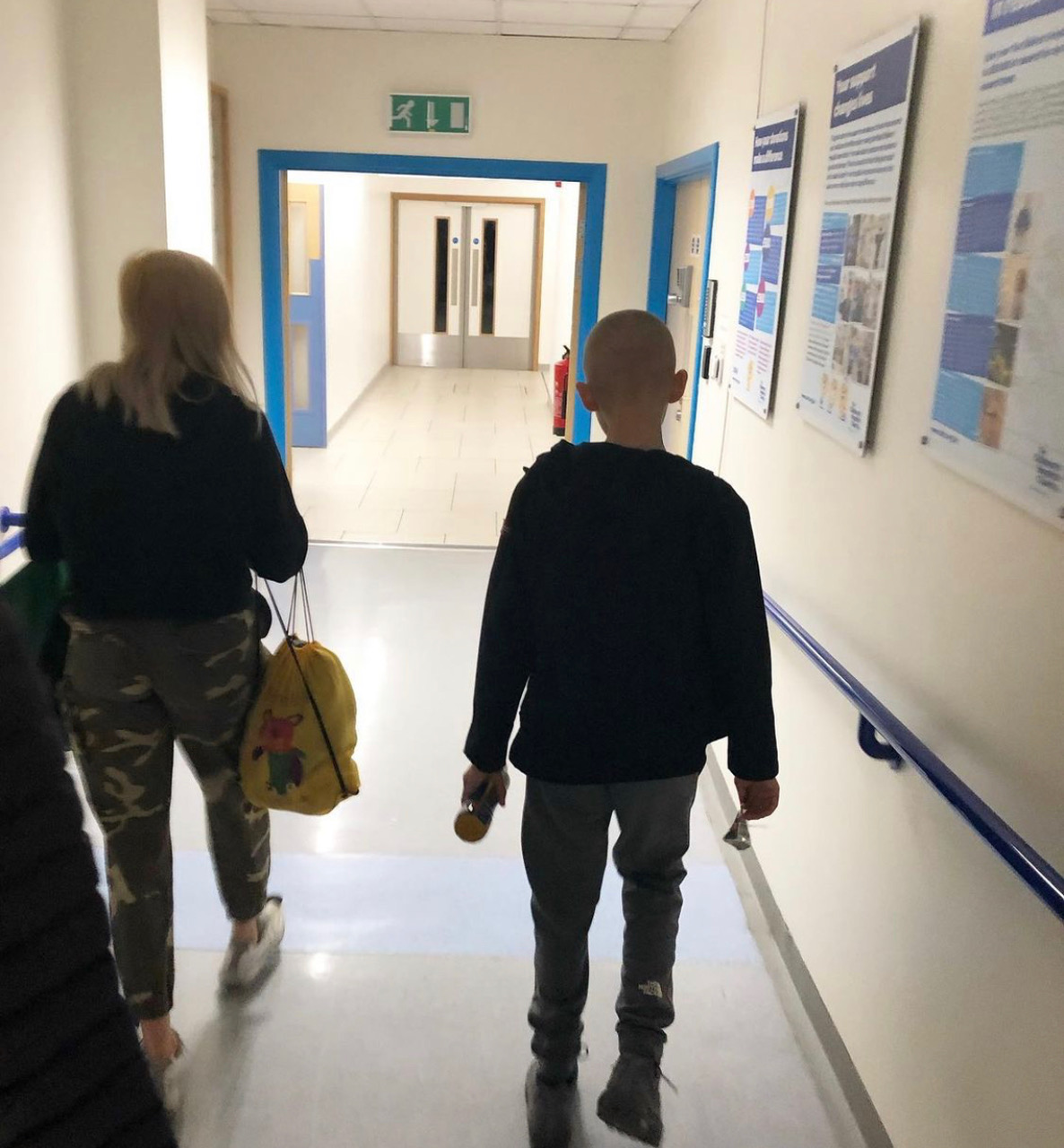 While social media platforms such as Facebook and Twitter act as information channels for people with blood cancers, Instagram is proving more popular as a social support tool for patients, Australian research has found.
While social media platforms such as Facebook and Twitter act as information channels for people with blood cancers, Instagram is proving more popular as a social support tool for patients, Australian research has found.
In an analysis of 100 Instagram posts relating to acute myeloid leukaemia, researcher from the Department of Haematology at the Alfred hospital, Melbourne found that two thirds (66%) were from patients and the remainder were mostly from patient support networks (24%) and professional organisations (10%).
The most frequently posted content relating to AML was patients sharing their personal health updates (31%), with 25% of the posts described a symptom experience.
Typical posts included selfies of patients describing their experiences and feeling about the effects of chemotherapy effects, and photos of the patients with their medical equipment at home.
These personal posts received a high number of likes and comments, whereas posts from institutions had relatively little engagement from other Instagram users, the study found.
The predominant format of AML-related posts was personal stories with common themes of hope and gratitude, the analysis by Catriona Parker and colleagues showed.
“Why people tell such personal stories through Instagram may be explained by social media use being linked with patient empowerment through improved self-management and enhanced psychological and subjective well-being,” they wrote.
“These benefits may be obtained through real or perceived social connectedness of users of Instagram where they feel a sense of intimacy through sharing or social support, through community. By posting intimate stories, users may also provide and receive social and emotional support through these virtual online communities.”
However they noted that few health professionals or organisations were posting on Instagram, suggesting it may represent an untapped resource for cancer support communities and awareness campaigns
“Further research should focus on exploring the feasibility and effectiveness of targeted awareness campaigns, as well as deploying support networks or health interventions to aid people by providing or seeking support,” they suggested.
The findings are published in PLOS One.